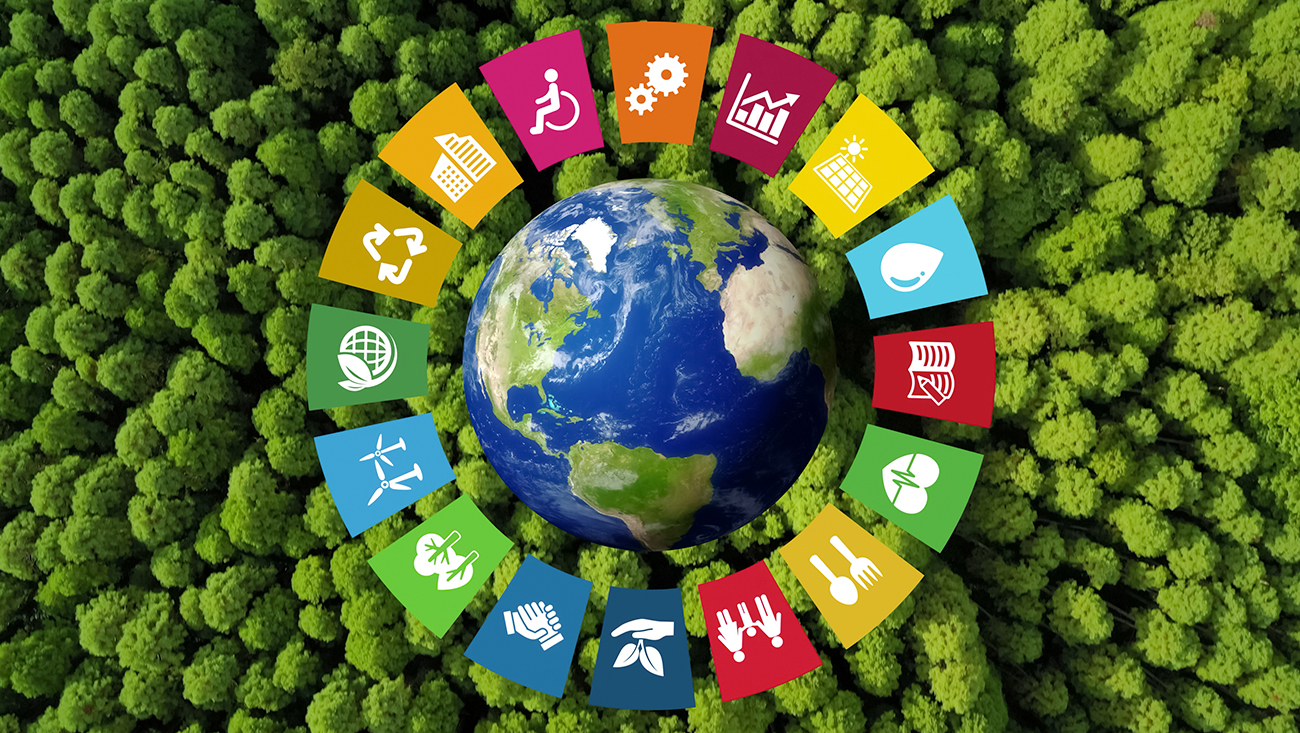
20 Jul Tackling climate change in the courtroom
As governments push for sustainability, law firms around the world strive to set the framework for a greener future
Law firm’s involvement in writing up intelligent policies that incentivize lowered carbon emissions and energy transition is increasing as global markets band together to combat climate change. Unrest caused by the COVID-19 pandemic has further underlined sustainability as a core goal of the century, as evidenced by a heightened number of new green national strategies and a wave of major corporations announcing green commitments despite cuts in incomes. However, much is still to be done. Continued work on creating policy and supporting pro-environmental court rulings have the legal community with their hands full.
The most important international commitment towards mitigating climate change was the Paris Accord signed during the United Nations Framework Convention on Climate Change’s 21st Convergence of the Parties in 2015. The agreement saw 195 nations draw out a framework for global climate action and promise to limit temperature rise in this century to 2 degrees Celsius above pre-industrial levels. Since then, countries have slowly but surely rolled out laws linked to cutting carbon emissions, promoting investments in nature-based emission reductions projects and growing the percentage of renewables in the global energy mix to 29 percent in 2020.
In the last year, the EU laid down the European Climate Law that outlines a framework for climate neutrality; Canada drew up its Net-Zero Emissions Accountability Act, which put the country’s federal emissions targets into law; Saudi Arabia released its Saudi Green Initiative that aims for 50 percent of the country’s power generation from renewable sources by 2030; China reiterated its goal of having carbon emissions peak in 2030 through its 14th Five-Year Plan; and the United States’ new administration rejoined the Paris Accord. Although investment in energy fell due to lack of demand and investors tightening their purses after the COVID-19 crises, spending on renewables only decreased by less than 10 percent in 2020 compared to the year before due to national goals and incentives. In comparison, spending in the upstream sector fell by more than 30 percent in the same year.
However, creating environmental laws and policies are only half of the battle for the legal sector. A number of growing litigation cases involving environmental policies have hit courts worldwide. In July 2020, more than 1,500 cases had been filed in 38 countries around the world, up from 884 cases in 2017. According to a study carried out by the United Nations Environment Programme and Columbia University, cases involve the following common features: the involvement of fundamental and human rights; challenges to enforcement or non-enforcement of environmental laws; and corporate liability. The need for environmental law is growing, and firms that are ready to meet the trend stand to benefit.

Sorry, the comment form is closed at this time.